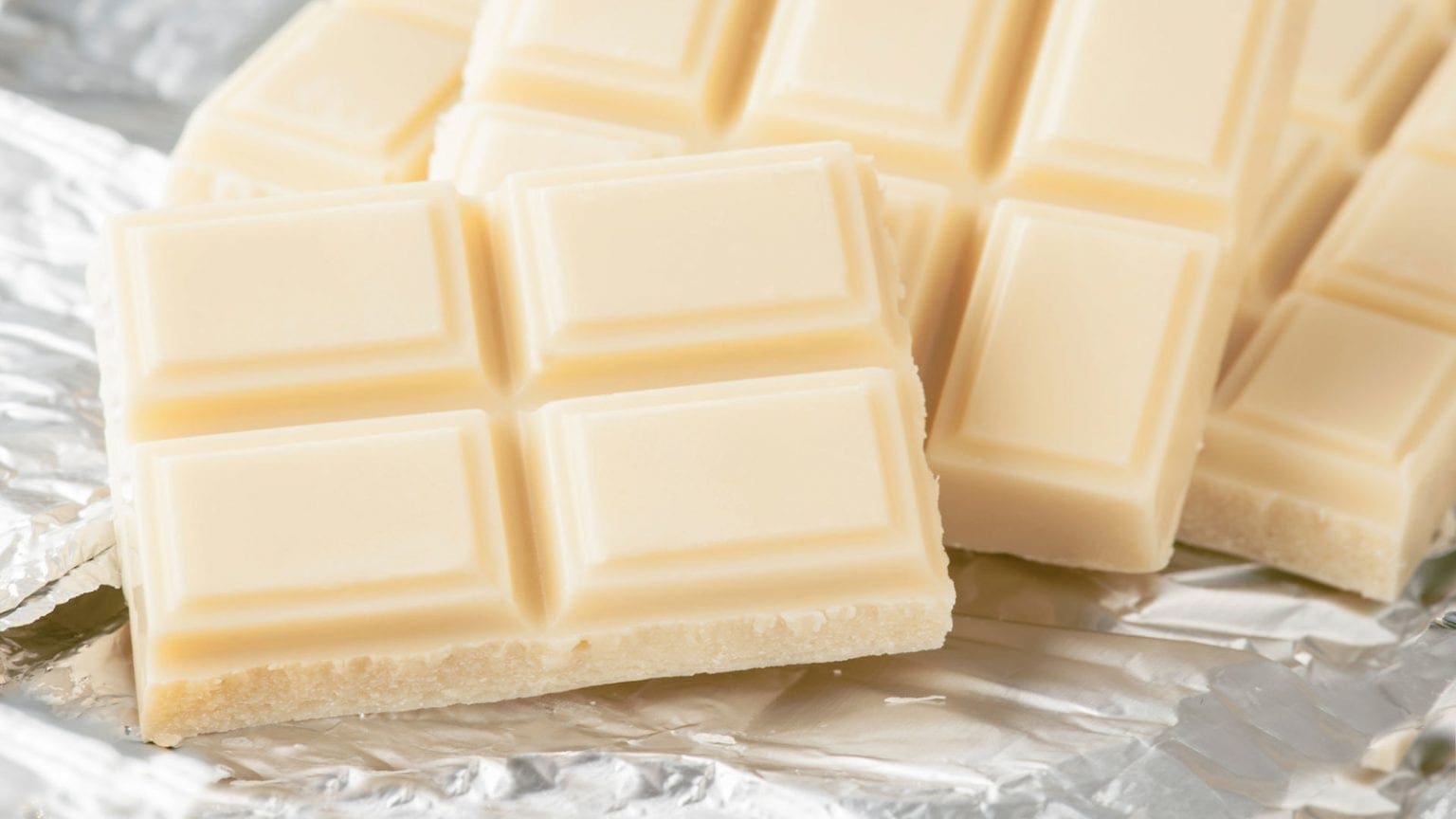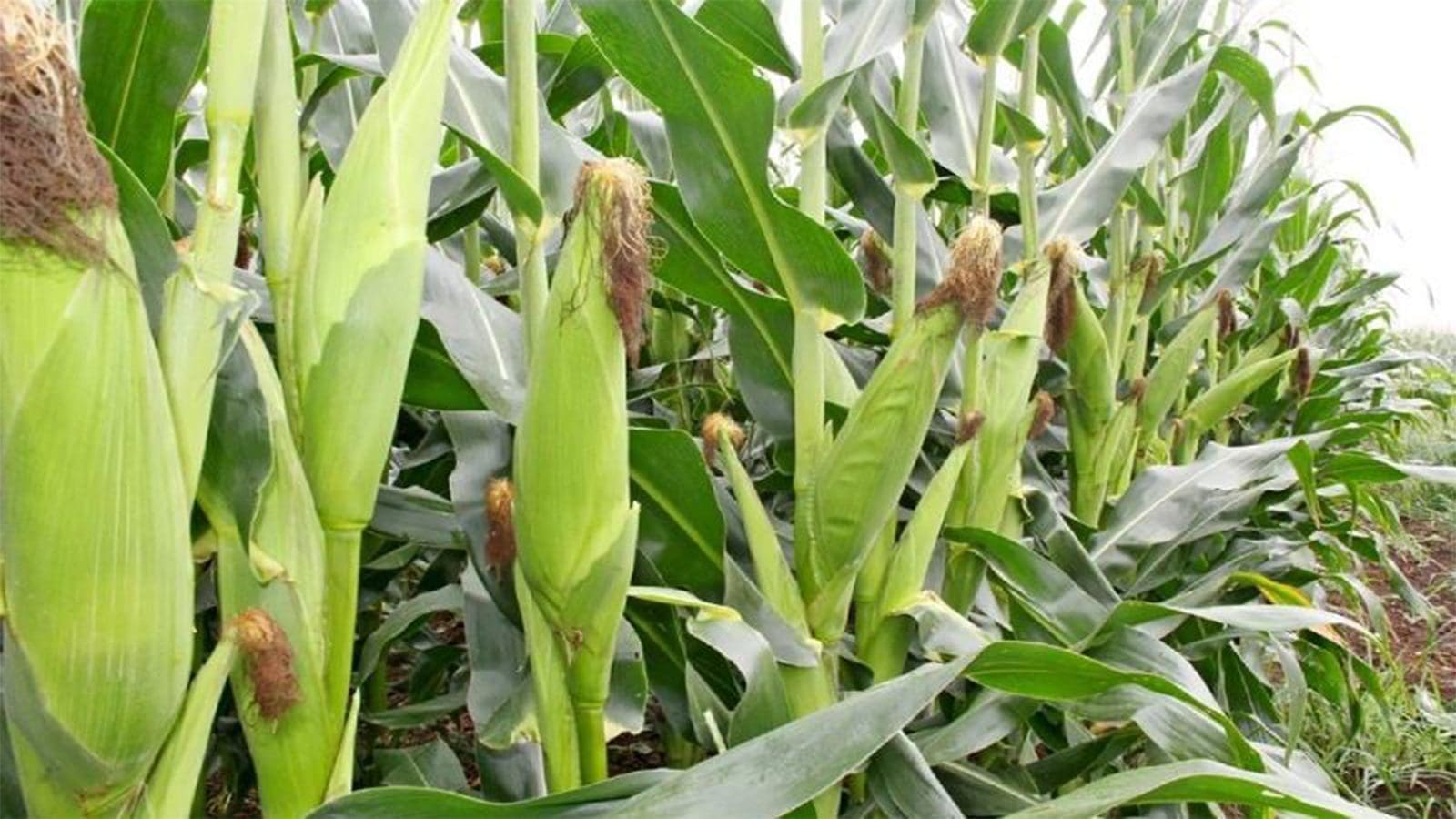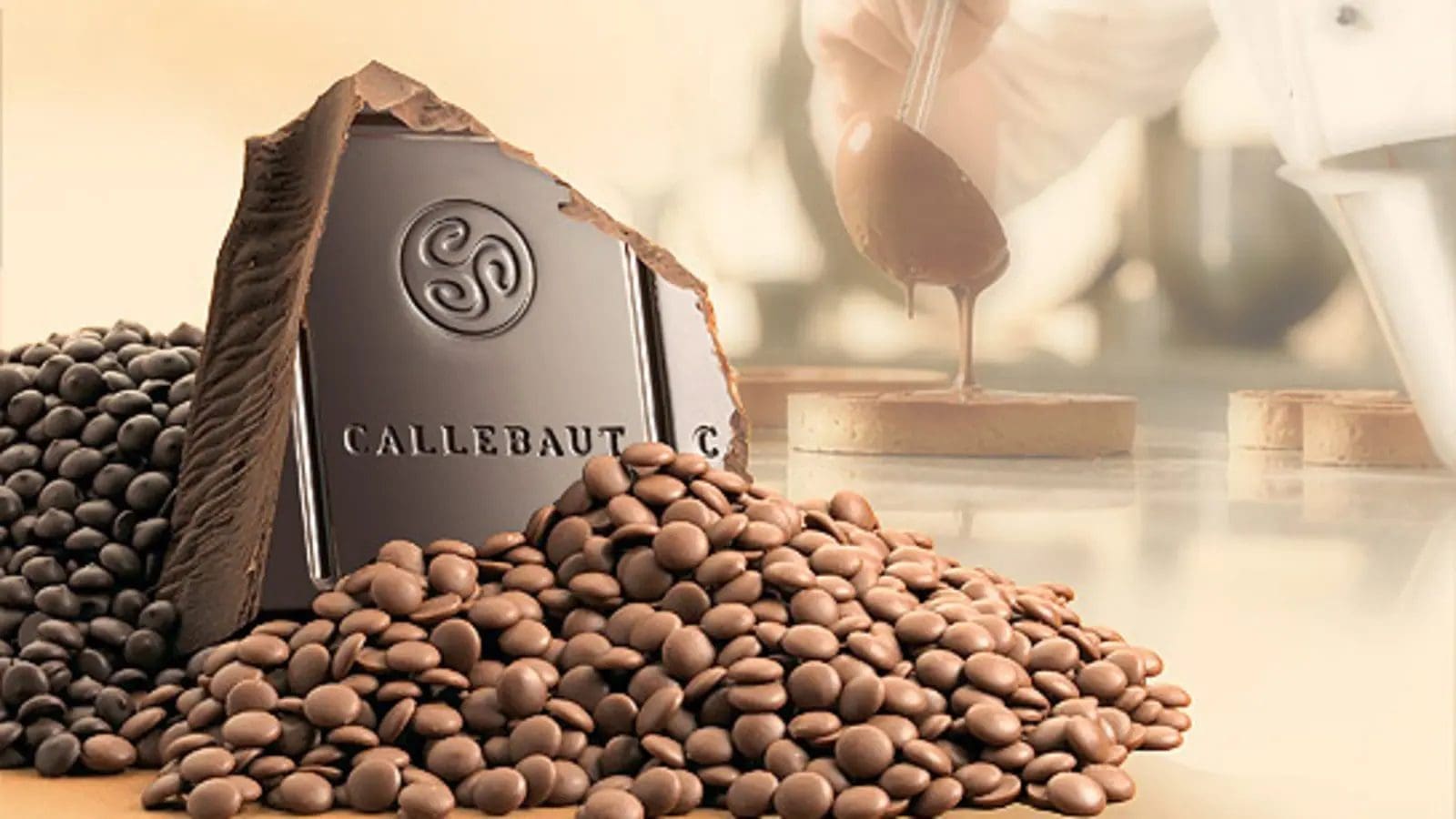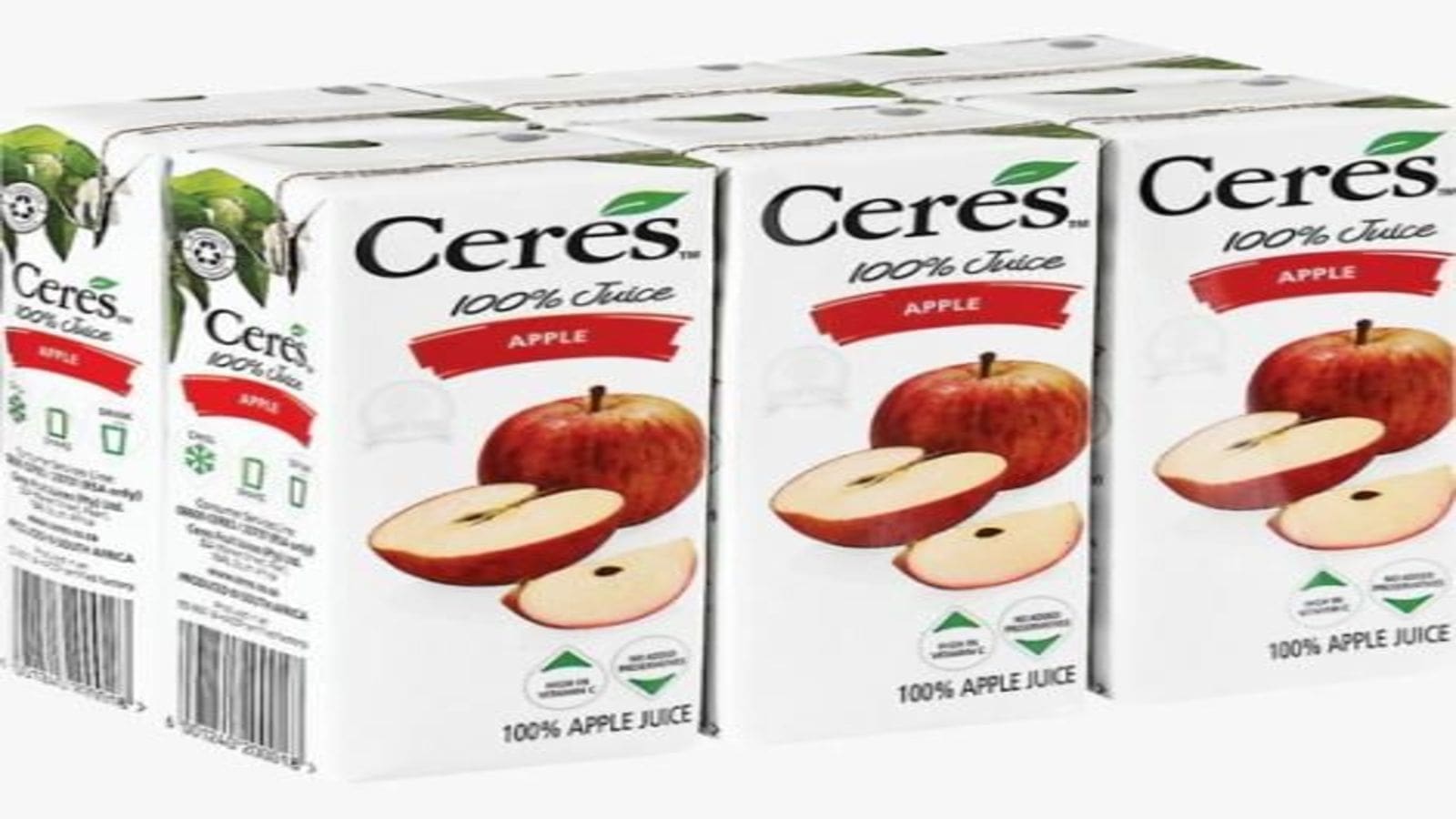EUROPE – The European Food Safety Authority’s (EFSA) has, in its latest safety assessment, flagged titanium dioxide (E171) as a “non-safe” whitening food additive.
Titanium dioxide is commonly used as a pigment to bring a bright and smooth white appearance to pastries or confectionery or to opacify yogurt or ice cream. The compound is also used in candy, chewing gum, cake icing and white sauces.
Its whitening power and the chemical inertness has made it an almost unchallenged whitening pigment in F&B for many years.
EFSA finds E171 unsafe
Questions about the safety of the compound have however been lingering for some time now with lobby groups urging the European Commission (EC) to prohibit E171 for several years.
The recent assessment was in response to mounting concerns about E171’s safety and factored in thousands of studies that have become available since EFSA’s previous assessment in 2016, including new scientific evidence and data on nanoparticles.
In the review, EFSA flagged the uncertainty around the effects of titanium dioxide’s particle size and particle size distribution was also flagged in this re-evaluation.
Titanium dioxide contains at most 50 percent of particles in the nano range – less than 100 nanometres – to which consumers may be exposed, warns the ESFA.
“Taking into account all available scientific studies and data, the Panel concluded that titanium dioxide can no longer be considered safe as a food additive,” said Maged Younes, chair of the EFSA’s expert Panel on Food Additives and Flavourings (FAF).
“A critical element in reaching this conclusion is that we could not exclude genotoxicity concerns after consumption of titanium dioxide particles. After oral ingestion, the absorption of titanium dioxide particles is low, however they can accumulate in the body,” he elaborates.
Following the review, risk managers at the EC and in member states have been informed of EFSA’s conclusions and will consider appropriate action to take to ensure consumers’ protection.
The EFSA review comes more than a year after France banned titanium dioxide in food products from January 2020.
With the compound losing its social currency, manufacturers have gradually been phasing out titanium dioxide for some time in the shift toward naturality.
Developing alteranitives to E171
The push for naturality has also made to food ingredient suppliers update their whitening portfolios.
Döhler, has for instance launched a product dubbed White Diamond which is marketed as a cost-effective natural alternative to titanium dioxide.
The product is reportedly applicable in confectionery, hard candies, icings and alcoholic beverages, the pigment is readily metabolizable, free of nanoparticles and contains additional nutritional benefits.
Functional ingredients producer Beneo also recently announced a 50 percent production capacity increase at its facility in Wijgmaal, Belgium, to cater for rising customer demand for rice starches.
The supplier notes that the color-preserving functionalities of rice starch are commonly used for improved confectionery coatings performance in E171-free product applications.








